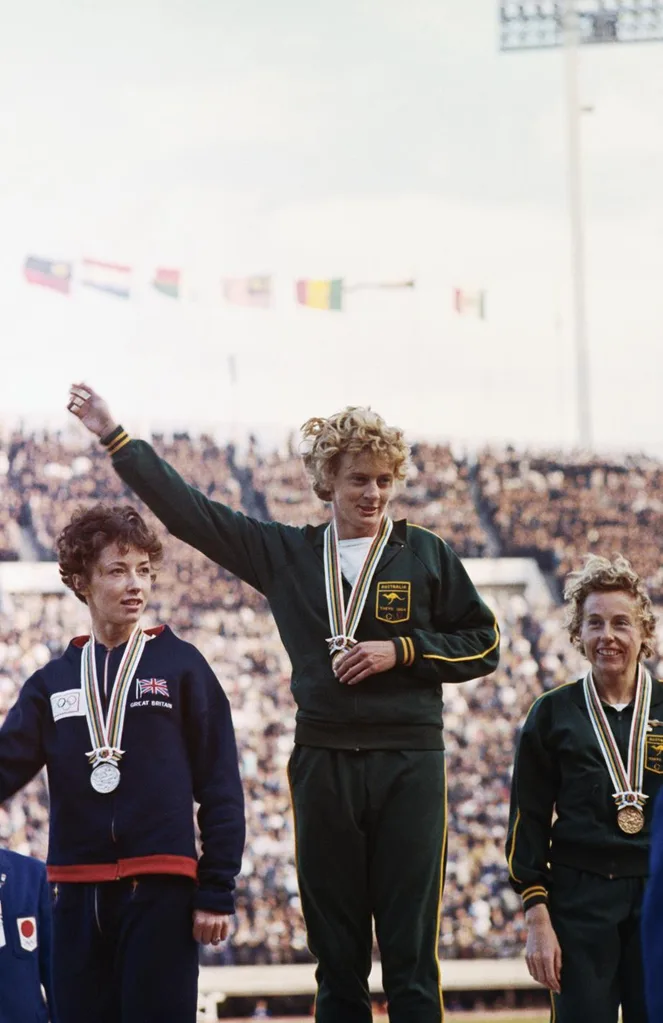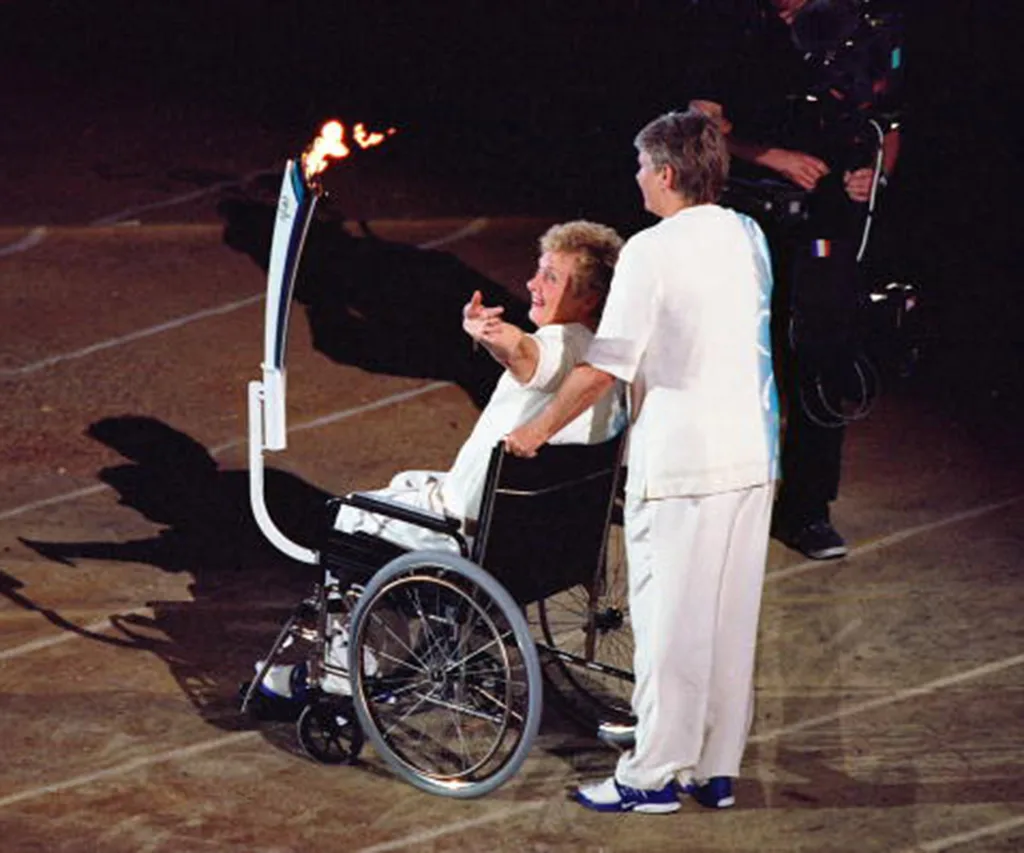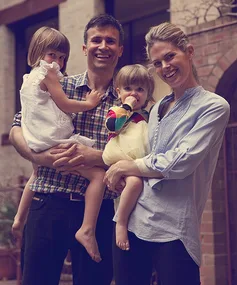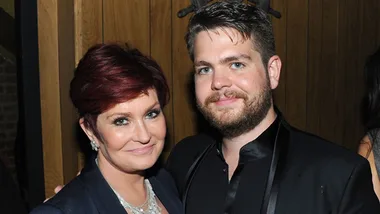So unconfident was Betty Cuthbert of making the Australian Olympic team in 1956 that she bought herself tickets to attend the Melbourne Games as a spectator.
As history shows, she did make the team and went on to become the first Australian – male or female – ever to win three gold medals at a single Games.
She was 18 years old, had straw-blonde hair and ran with the distinctive style of a high knee action and mouth stretched wide open.
“Everything I did that required effort, I opened my mouth,” she said.
“Even to catch a ball, I opened my mouth.”
Cuthbert won the 100m, 200m and anchored the team that won the 4 x 100m relay that year, forever cementing herself in the hearts of Australians as the Golden Girl of Australian track and field.
As the 1960 Rome Olympic Games approached, Cuthbert tore her hamstring. She failed to advance in the 100m and was forced to withdraw from the 200m.
She retired to the privacy and peace of her parent’s commercial nursery in Ermington, the western Sydney suburb where she grew up. She was content to withdraw from the public eye until one day in 1962 she received a message from God that she should compete in the Tokyo Games.
“I have regularly talked to God all my life, but this time was different, he asked me to compete again even though I was content in retirement,” Betty told The Roar’s David Lord in 2012.
“How could I refuse?
She did go to the Olympics in 1964 and she won gold in the 400m event. Four Olympic gold medals was a feat that went unsurpassed until 2004 when Ian Thorpe was at his peak.
“I realised from a very early age that God gave me a gift, and that gift was to run, and I wanted to use it to the best of my ability,” she said.
Cuthbert remained strongly religious throughout her life, a quality to which she attributes her fortitude in the face of adversity.

Cuthbert winning Olympic gold in 1964 in the 400m event.
Only in her thirties Betty was diagnosed with multiple sclerosis (MS), a disease that was still relatively unknown at that time. By her mid-fifties, she was confined to a wheelchair and said that said she felt as though a “dark cloud” had crossed her path.
But Betty dedicated much of her life to raising awareness of MS, actively campaigning for research funds for the Multiple Sclerosis Society and encouraging fellow MS Sufferers to stay strong.
“Never give up, never give up,” she urged them. “Think of what you can do.”
Among her many honours, Betty was named a Legend of Australian sport, made a Member of the Order of Australia and has an MS therapy and education centre named in her honour at MS Australia’s office in Perth. The main street of Ermington shopping centre is called Betty Cuthbert Avenue.
But perhaps the most powerful moment of her public life was when she was a final torchbearer in the opening ceremony of the 2000 Sydney Olympic Games.
The image of Cuthbert, sitting in a wheelchair and accompanied by Raelene Boyle, carrying the Olympic torch before Cathy Freeman lit the Flame was an extraordinary moment in the Sydney Games – three iconic female athletes taking centre stage, capturing Australia and all its diversity and tenacity.



